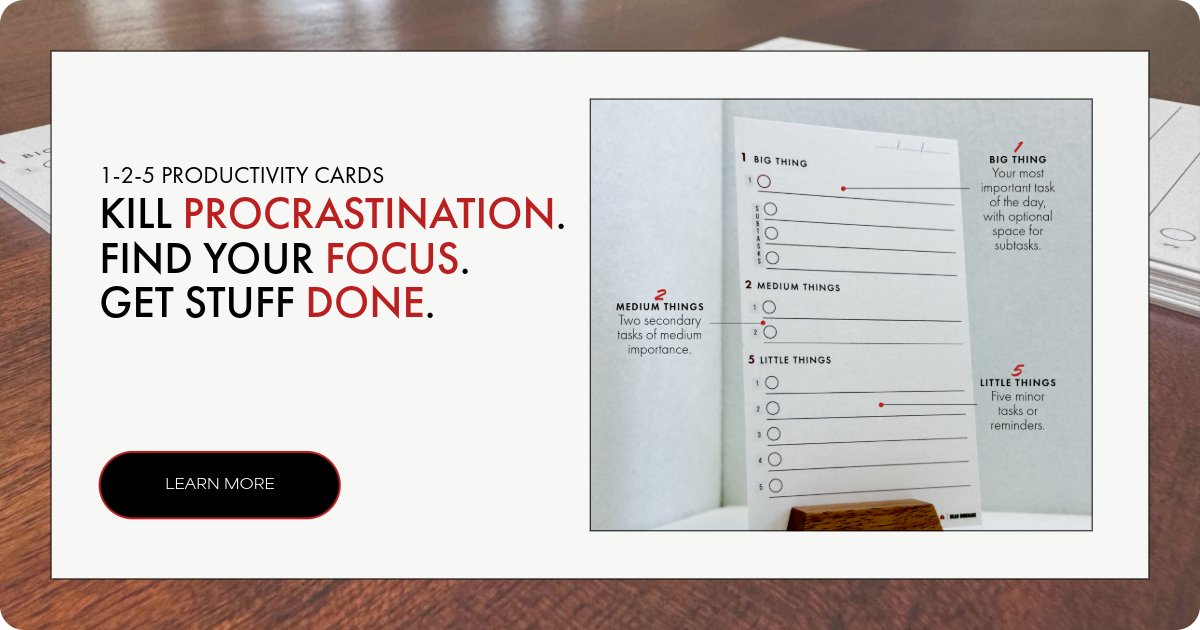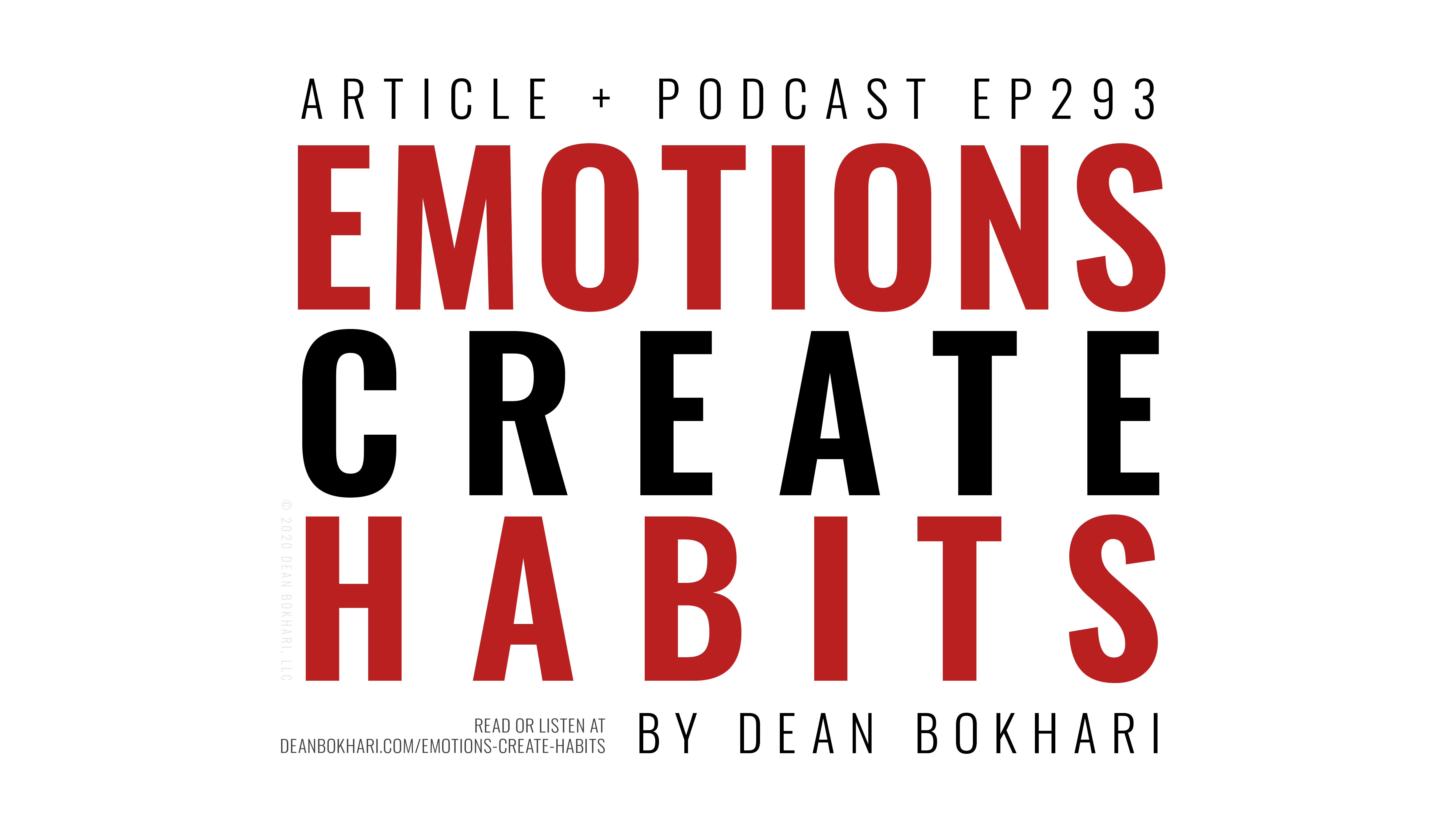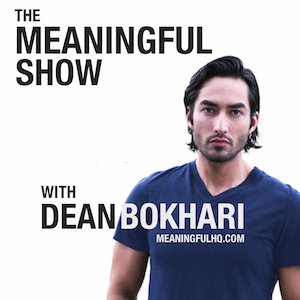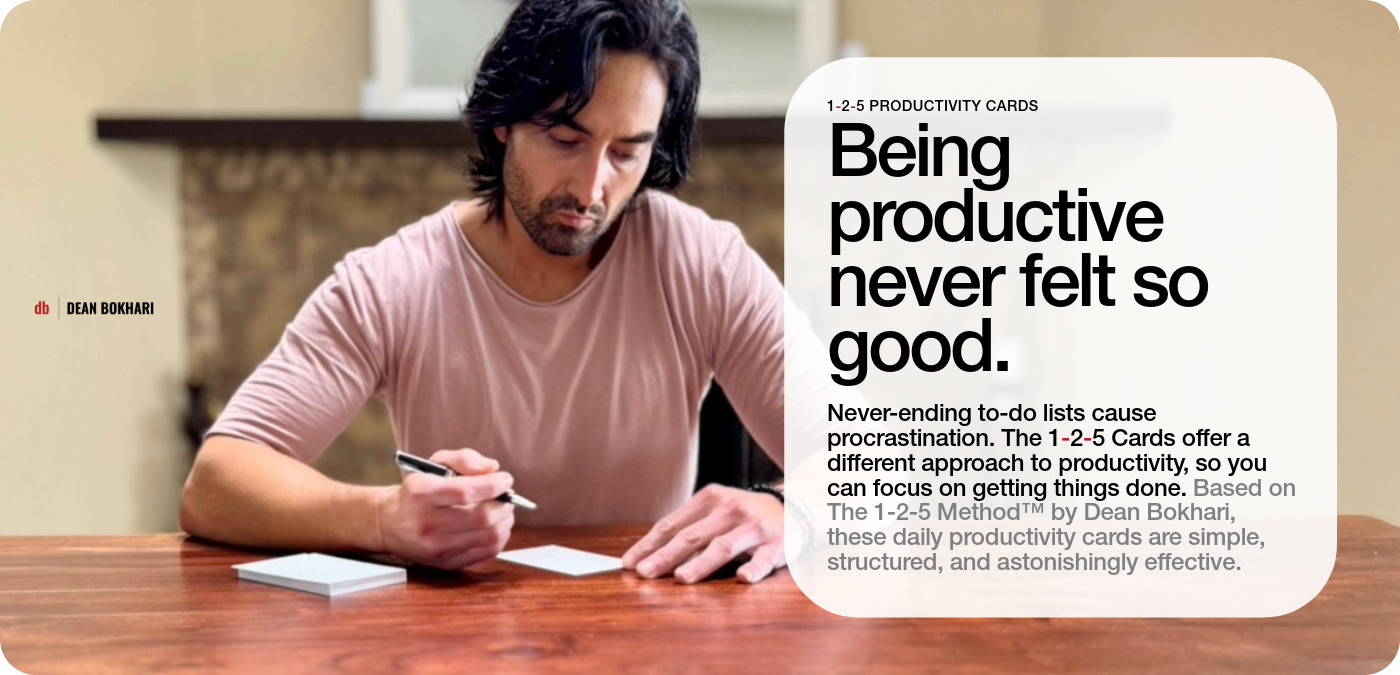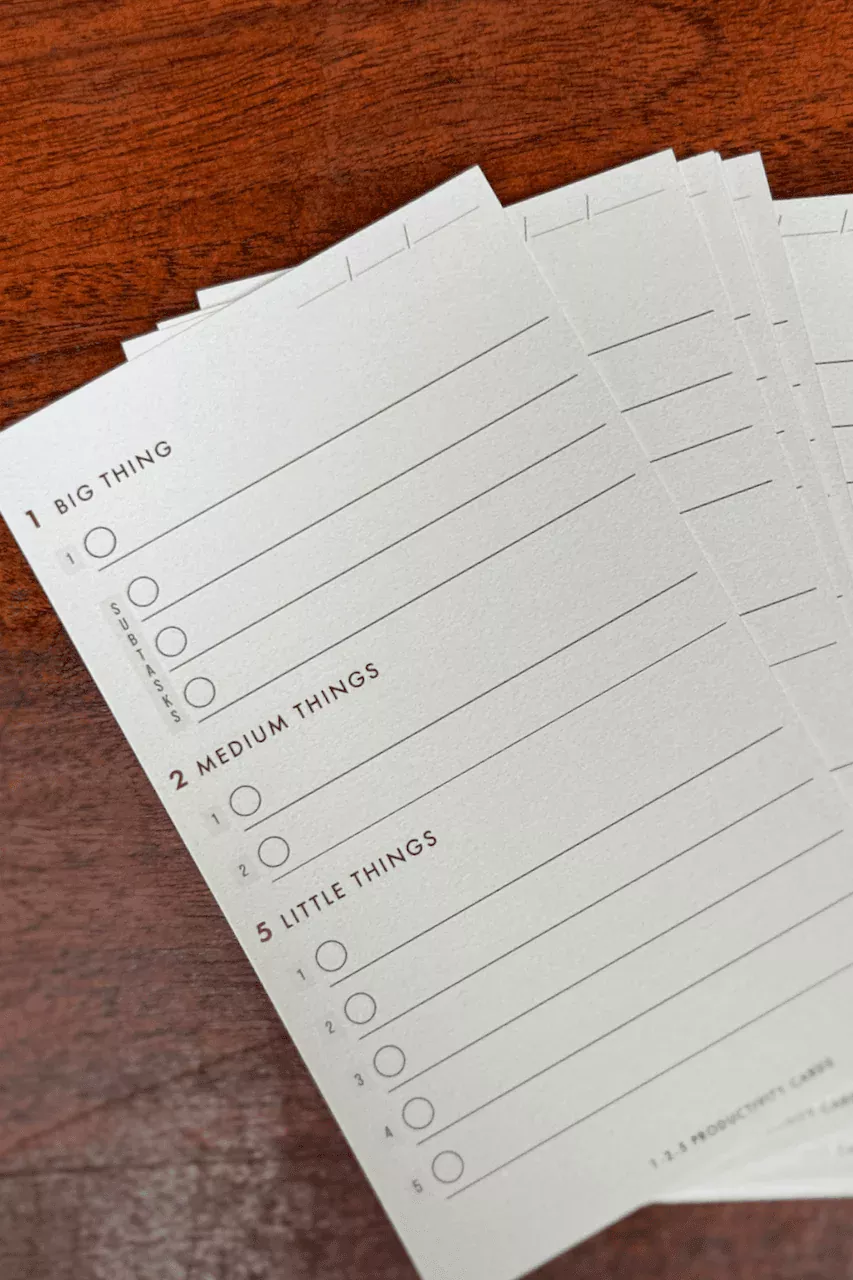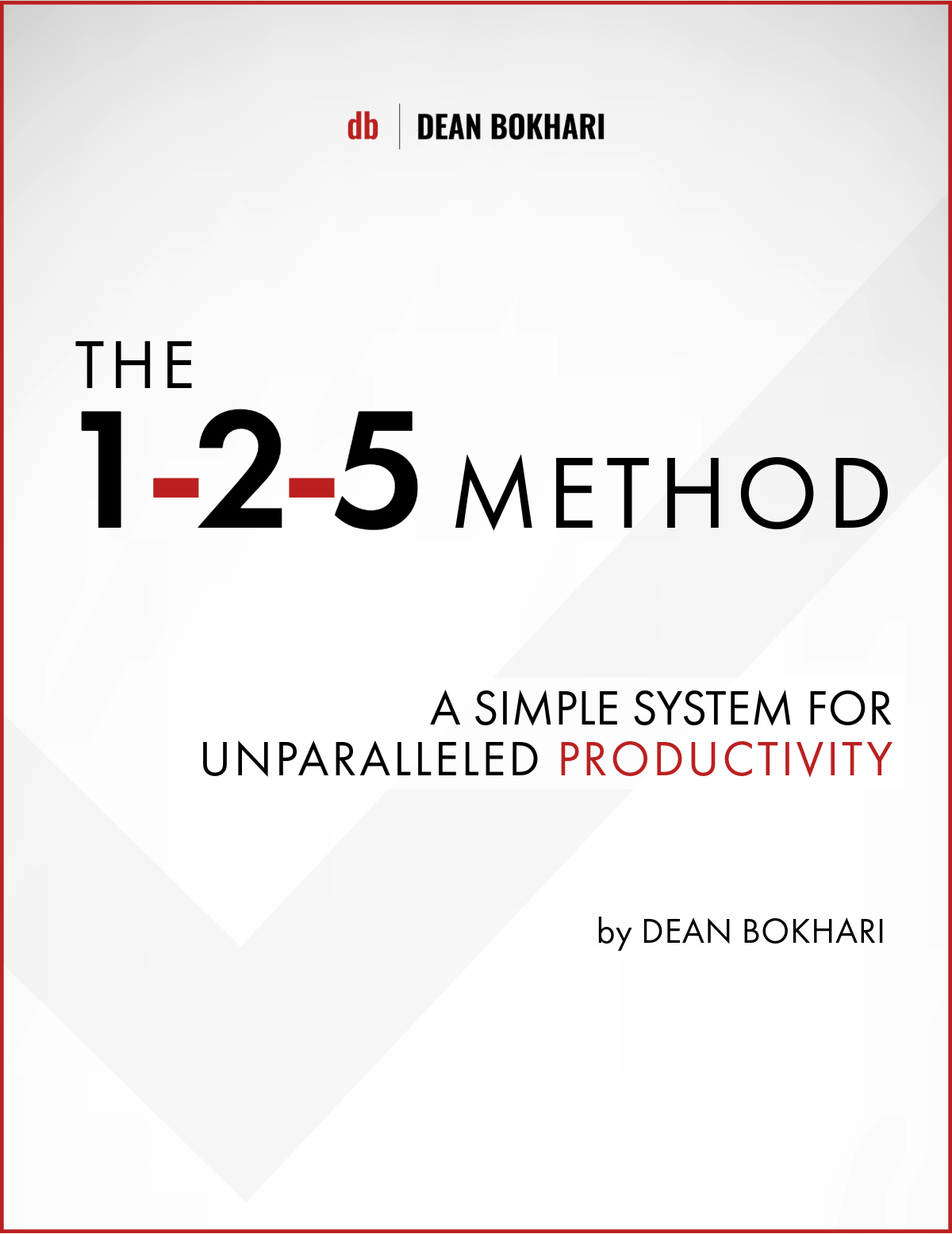Emotions Create Habits
Listen elsewhere: Apple Podcasts | Spotify | Overcast | Google Podcasts
A crucial key to changing your health is about installing healthier eating habits.
A crucial key to being an extraordinary leader is about constantly working on improving your communication habits to ensure you’re as clear and inspiring as possible with those you lead.
A crucial key to boosting profits as an entrepreneur is about developing the habit of effective decision-making in areas like: product innovation and improvement, finding engaged employees, customer service, etc.
I could go on and on forever, but my point here is this: Habits help you in every area of life. (Assuming they’re good habits.)
But most people don’t know how to form habits and make them stick over the long term. And when I teach or speak about habits, I’ve noticed there’s one major thing people often overlook whenever they’re trying to figure out how to form effective habits… That thing is this: Emotions create habits.
When you’re designing for habit formation—whether it’s for yourself or for others—what you’re really designing for is EMOTIONS.
How emotions create habits
“Emotions create habits. Not repetition. Not frequency. Not fairy dust. Emotions.” —BJ Fogg from Tiny Habits
When you log on to Instagram and upload a picture, you’re given the option to use a wide set of filters to beautify your photo quickly and easily. You pick the one you like best, maybe tweak the pic a bit, and BOOM—you now feel like you’re sharing a beautiful work of art.
This creates a positive feeling, prompting your brain to release dopamine, which makes you want to use the app again.
You share your beautiful post with the world, and people start responding with “likes” and comments. This, too, creates a positive feeling, prompting your brain to release dopamine again, which makes you want to use the app even more.
Can you see how quickly this can become a habit?
The most popular social media apps are designed as habit-forming products. And each of them is built by weaving in the principle that emotions create habits.
And this framework applies to habits you want to develop as well, regardless of what area of your life that habit might relate to: exercise, money, meditation, reading, flossing, punctuality, social interactions—the list is infinite.
Myth: It takes 21 days to form a habit
You may have heard that it takes 21 days to form a habit.
I used to believe this as well.
But it’s actually a myth.1
There’s a range of variables that play a role in your ability to form new habits…
In fact, some habits can form within as little as one day.2
How, you ask? Strong positive emotion.
Here’s a recent experience I had with this phenomenon…
Every Sunday, I take my daughter Nora out hiking. This is a ritual we’ve had in place since she was one year old (she’s 5 now).
And a couple of weekends ago, we went out for our hike as usual: grabbed some snacks, filled up our water bottles, Nora hopped in her stroller and we headed out.
It was WAY hotter than usual on this particular day—it hit 100° Fahrenheit…
We usually run or hike between five to seven miles, but we were burning up so much, I decided to cut it short and head back home.
As we jogged back home, Nora said, “Dada, can we just jump straight into the pool with our clothes on as soon as we get home?”
I chuckled and said, “But you’re wearing a dress—don’t you want to change into your swimsuit?”
And Nora says, “No Dada, PLEEEEASE?!?! I just want to jump in the pool together with our clothes on as soon as we get home! Please, Dada? Please?!”
I said, “Let’s do it.”
Nora started clapping her hands and yelling, “Yay!”
The whole jog home, she was pumping herself up: clapping her hands, and making up songs about jumping in the pool with her dress on—she was excited.
So, we get home, run straight to the backyard, and jump in the pool with our clothes on.
It was awesome.
We laughed and giggled and had lots of fun swimming.
After we got out of the pool, Nora looked at me with a grin and said, “Let’s do this every weekend.”
Almost every day the following week, she hyped it up.
Guess what happened the following Sunday?
We did it again.
And it hit me while I was reading Tiny Habits by BJ Fogg…
Nora attached so many positive emotions to jumping in the pool together with our clothes on, that her brain wanted to set it in stone as a weekly habit.
All it took was one time.
And the secret ingredient was the power of positive emotion.
Bottom line: Emotions create habits.
We cannot break or build habits without involving emotions…
In fact, the more positive emotions you attach to creating a new habit, the faster it seems to develop into a habit.
Actionable insights
So, how can you apply this to new habits you’re trying to build within your own life?
- Decide what kind of behavior you want to develop into a habit.
- Attach as many positive emotions to it as you possibly can—evoke them before and after you do the behavior.
- Do the behavior.
- Celebrate IMMEDIATELY after doing the behavior to get the positive emotions to “link” themselves to the behavior.
- Attach enough powerful positive emotions to the behavior, and repeat until it becomes automatic and boom—you’ve now got a habit.
Footnotes:
- Lally, P., van Jaarsveld, C.H.M., Potts, H.W.W. and Wardle, J. (2010), How are habits formed: Modelling habit formation in the real world. Eur. J. Soc. Psychol., 40: 998–1009. doi:10.1002/ejsp.674 ↩
- Of course, this doesn’t apply to ALL habits. Researchers estimate the average amount of days it takes to form a habit is 66 days. But that’s beside the point of this article. ↩
Other ways to listen to this article
LIVE LIKE YOU GIVE A DAMN,
Dean Bokhari
- If you find the podcast helpful, please rate + review it on Apple Podcasts »
- Got a Self-Improvement question you'd like me to cover? Submit it here »
"Dean Bokhari's Meaningful Show is the Self-Improvement Podcast I've been
waiting for. It's actionable, inspiring, and BS-Free." —Brett Silo
✨ New Series: How to Become an Early Riser
- Discover key methods to make early rising a habit
- How to wake up early + energized every morning
- Morning routines for health + success
Free self-development courses
👇
Tap on any of the courses below to start learning how to:
- boost your productivity (with GTD),
- get focused (with Deep Work),
- or learn the art of influencing others (with the How to Win Friends & Influence People course.)
All for free.
👇
Free life guides
👇
Best-selling Self-development courses by Dean Bokhari
Kill procrastination.
|
Get stuff done.
|
Get motivated.
|
Connect with anyone.
|
freshly pressed:
Top Audiobooks narrated by Dean Bokhari on audible | |
Book summaries
- The Power of Habit by Charles Duhigg
- 12 Rules for Life by Jordan B. Peterson
- Presence by Amy Cuddy
- Leaders Eat Last by Simon Sinek
- The ONE Thing by Gary Keller, Jay Pasan
- Deep Work by Cal Newport
